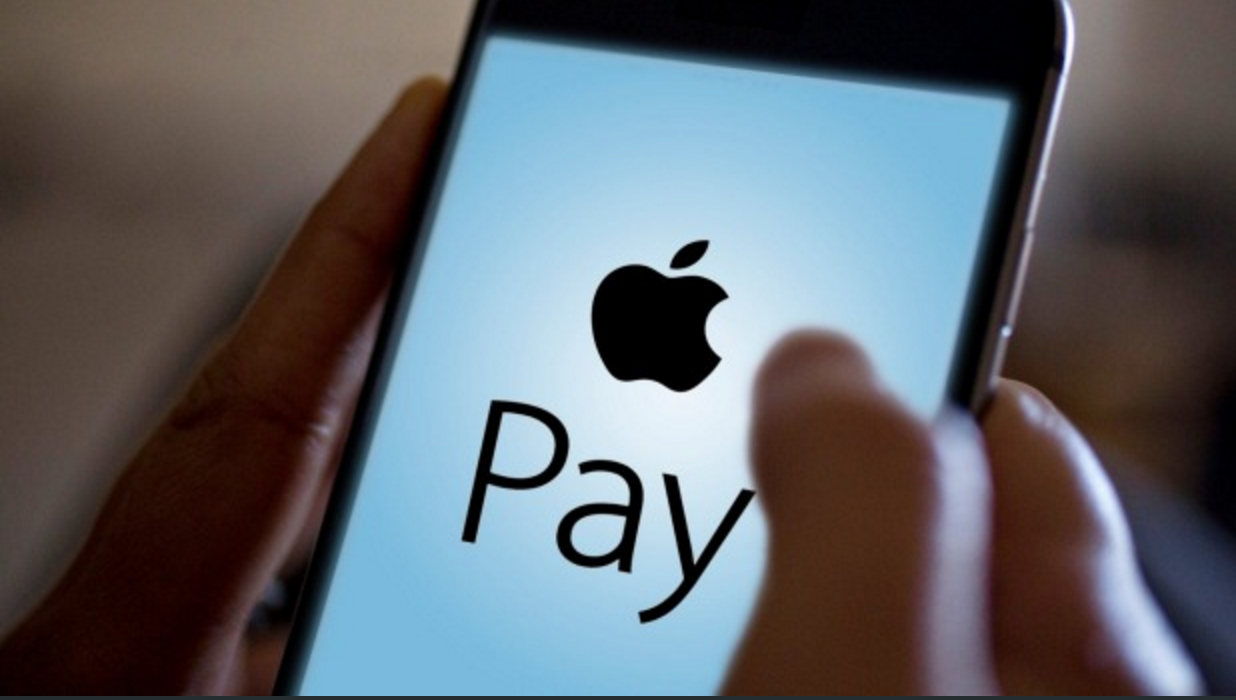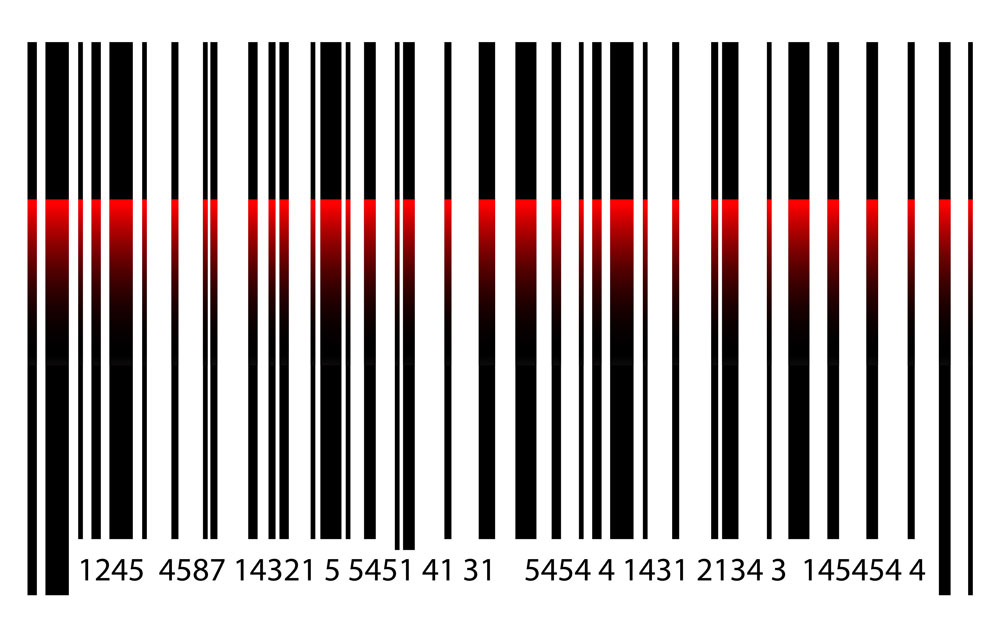The ACCC competition regulator has rejected an application by the banks to collectively negotiate with technology giant Apple over access to the iPhone’s “near field communication” (NFC) controller. The NFC controller is a chip in the iPhone that allows users to tap and pay directly from their phone, which is linked to a debit card.
Commonwealth Bank of Australia, Westpac Banking Corporation, National Australia Bank and Bendigo and Adelaide Bank had asked the Australian Competition and Consumer Commission permission to create a bloc order that would give them more negotiating power in discussions that would have asked Apple open the NFC to their own digital wallets. Apple has not allowed any third parties such as banks to create their own payment service on their phones, anywhere in the world.
According to the Australian Financial Review, ACCC chairman Rod Sims said the regulator was concerned that allowing the collective discussions “is likely to reduce or distort competition in a number of markets.” The ACCC said if the banks were to get access to the NFC technology, it could reduce competition between Apple and Google’s Android phones, could reduce competition for payments devices other than smartphones, and could reduce the competitive tension between the banks in the supply of payment cards.
This is important because Apple is by far the largest single supplier of phones in Australia. The banks want their own digital wallets to access tap and pay technology in the iPhones to enable contactless payments to be made through them. Apple only allows its own digital wallet to access the NFC.
With the acceptation of ANZ, the major Australian banks have refused to deal with Apple and that means three-quarters of Australia’s card holders can’t use Apple Pay. Without collective bargaining power, each bank will have to negotiate with Apple separately if they want to provide Apple Pay to their millions of customers.





